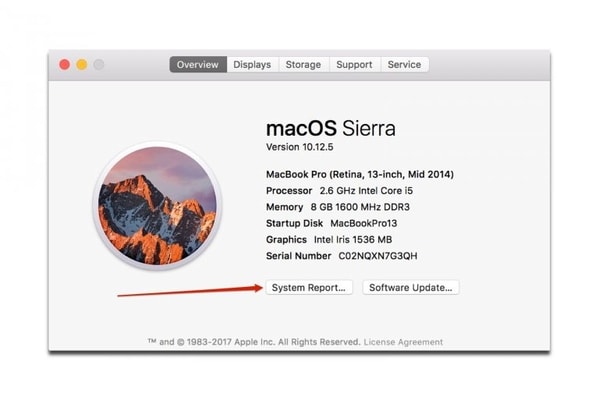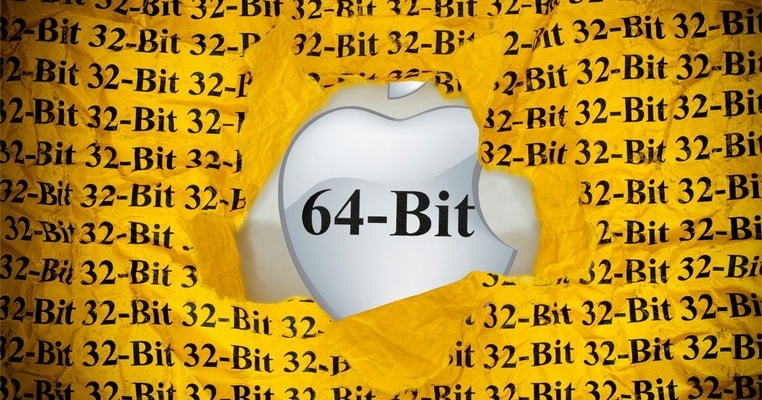
We have known for awhile that Apple is phasing out the use of 32-bit apps, but we didn’t know when that was going to happen. Until now. Apple’s developer site has reminded developers that as of January 1, 2018, 32-bit apps will no longer be accepted. This timeline is specifically for macOS apps, which means existing apps must be updated to 64-bit by June 2018. Apple recommends that if you distribute your app outside of the Mac App Store, you should update your app to run 64-bit as well. This is due to the fact that macOS High Sierra will be the last macOS release to support 32-bit architecture.
This is what you see if you open the Apple Developer webpage:
As a reminder, new apps submitted to the Mac App Store must support 64-bit starting January 2018, and Mac app updates and existing apps must support 64-bit starting June 2018. If you distribute your apps outside the Mac App Store, we highly recommend distributing 64-bit binaries to make sure your users can continue to run your apps on future versions of macOS. The last macOS release to support 32-bit apps without compromise is macOS High Sierra.

If you’re unsure which apps are running the 32-bit version, you can easily check it out. Here’s how:
- On the desktop, click on the Apple logo at the upper left of the screen.
- Click About This Mac.
- In the window that pops up, click System Report.
- Next, in the System Information app that this brings up, find Applications under Software in the left menu.
- Click on Applications, and your Mac will take a few seconds to compile the list.
- Once it’s finished, scroll sideways to the right until you see the header 64-bit (Intel).

Apps will have a Yes/No designation to determine whether they are 32-bit apps or not. Yes means they are 64-bit and No means they are 32-bit. Which is pretty simple.
We hear more about these updates from an iOS perspective and maybe that’s because Apple started ensuring iOS app updates were in the 64-bit architecture back in 2015. Which means, if there are apps in the App Store that are 32-bit, they haven’t been updated in at least 2 years. But, 32-bit Apps on the iPhone wouldn’t work since Apple released iOS 11. What’s really interesting about this though, is that revenue from 32-bit apps amounted to less than 1% of Apple’s total portion of App Store revenue. The older apps made approximately $37.5 million worldwide in the last quarter, and Apple’s cut from that was about $11.3 million – or a mere 0.41% of its total revenue.
Why am I mentioning this? I think that we assume that this will be a big hardship for developers, when in fact they have probably been preparing themselves for this for quite some time. If not, they haven’t been planning well. From a consumer perspective, this doesn’t really make that much of a difference unless you have a ton of 32-bit applications. But that doesn’t mean that the developer isn’t working on an update. You could always check on their website or check with them directly if you’re unsure.
